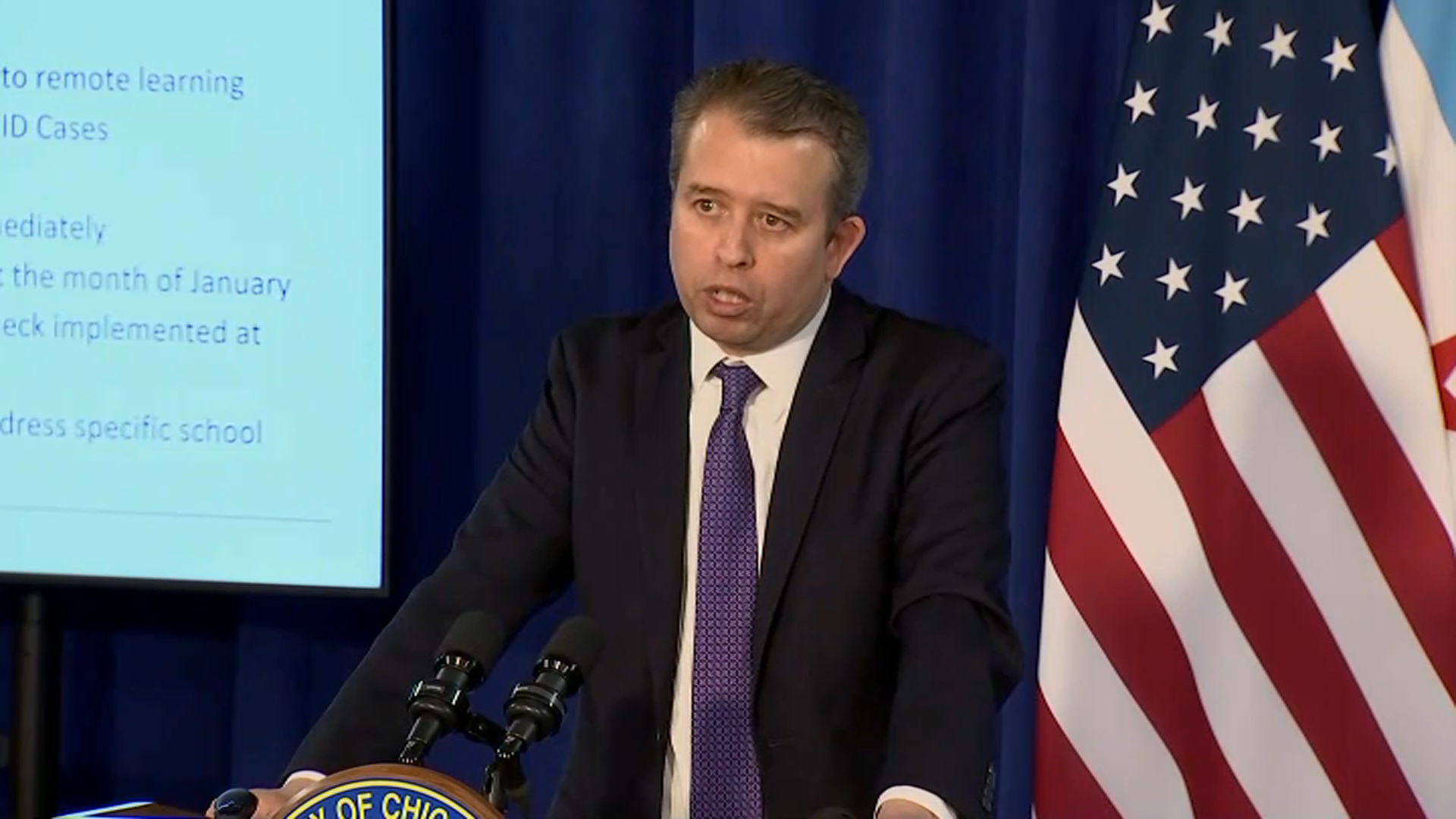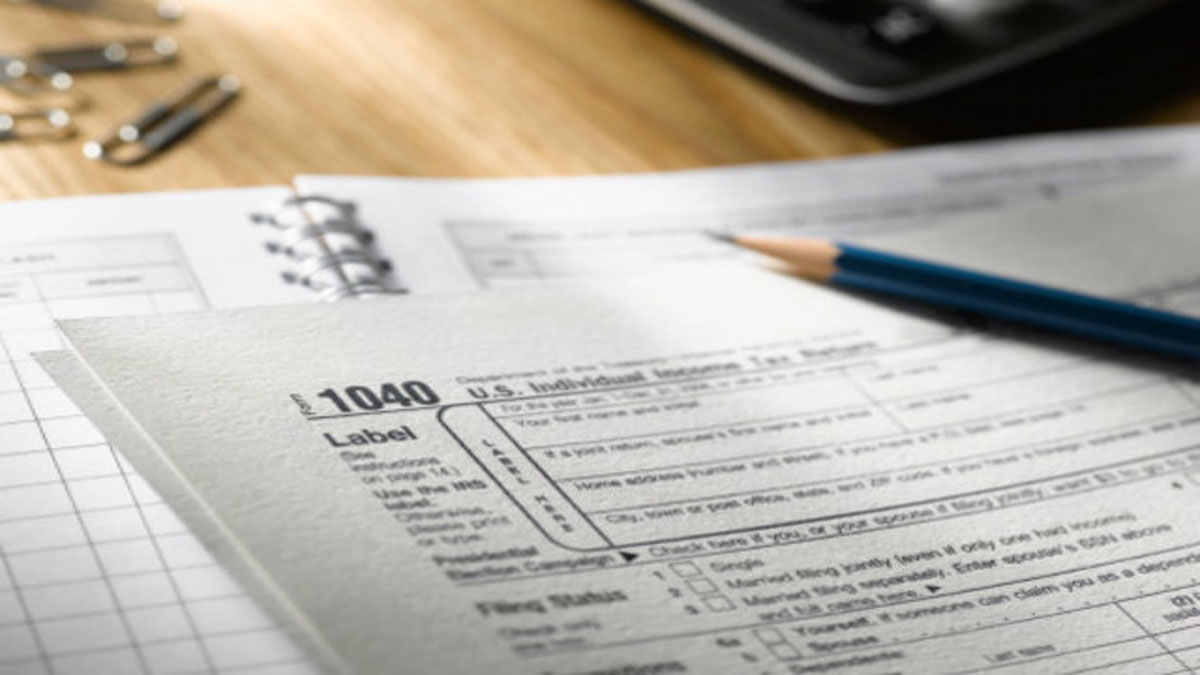Illinois’ temporary income-tax increase that’s set to expire at the of 2014 may not be going anywhere anytime soon, according to a report from the Chicago Tribune.
The income tax hikes, approved in 2010, raised taxes from 3 to 5.25 percent.
Democratic leaders initially said the plan would pull the state out of its $15 billion budget hole, promising the tax hike would last just four years, and then fall to 3.75 percent.
If lawmakers allow the tax increase to expire as scheduled, the state will lose about $5 billion a year, the report states, with or without last week’s approved pension plan.
But if the pension plan wasn’t passed, the state was expected to lose $6.94 billion in pension costs, and that number would only go up in the following years, the Tribune reported.
The pension legislation is expected to save $160 billion over three decades, officials said.
Among other things, the plan pushes back the retirement age on a sliding scale for those 45 and younger. It also caps the salary on which a pension benefit is based and lowers the employee contribution.
Local
The law reducing retirement benefits for state employees takes effect in June, but court challenges are expected. Several unions have called the benefit cuts unconstitutional.
But as the budget woes continue to surface, Rep. Tom Morrison, R-Palatine, reportedly said the remaining budget crisis "will equate to a tax increase on the general public."
Without the income-tax hike, the state could lose $2.2 billion for the final six months of the budget year that starts July 1, the Tribune reported.
Quinn will need to find a way to fill that hold in his new spending plan, set to be revealed in February, just one month before Republicans pick a nominee for governor in the primary election.
But he isn’t offering any clues as to how he plans to account for the loss in revenue and said he plans to “take that up in the coming year,” the Tribune reported.
The tax will likely be an issue in the race for governor.
Forecasters predict a $4.8 billion loss in revenue for the first full year of a lowered tax and the decision to keep or drop the tax hike will fall on whoever is sitting in the governor's office in 2015.



